Hair and beauty is an important part of the black female experience, yet black people are still far behind in being represented or profiting from the industry.
We walk into a black hair shop and seek advice from a South Asian man, who assures us that our hair is indeed 1B. We walk into a beauty store and we are faced with shades from white to beige. These frustrating struggles prove that black ownership is needed in this industry. If we're going to get the right products for us, they need to be by us.
So to celebrate Black History Month, and black excellence as a whole, we spoke to the people behind four black-owned businesses who are working on making the beauty industry a more welcoming place for black consumers.
Jamelia Donaldson, founder of TreasureTress
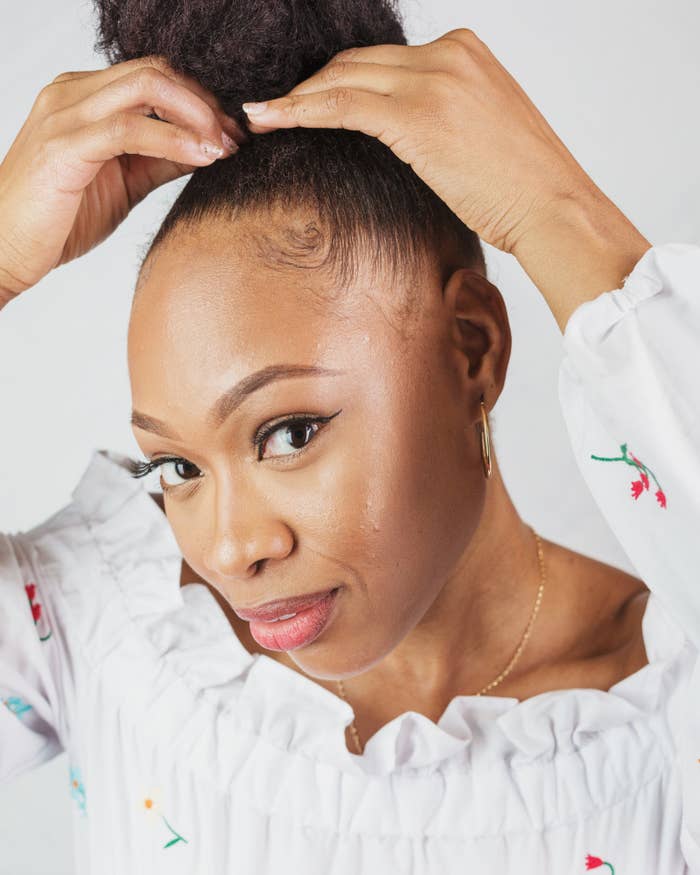
Jamelia Donaldson's journey into the hair industry started from frustration. “I launched TreasureTress because I was bored of the typical hair shop experience. I found it uninspiring and substandard compared to mainstream beauty shopping experiences. There is a huge difference between mainstream shops and shops which cater specifically to women with kinky curly hair and dark skin – and it shouldn’t be this way. I wanted finding new products to be fun, and I also wanted to share information I had learned with women who looked like me.”
TreasureTress is product-discovery box for women and girls with kinky curly hair – each month subscribers get new ones to try. “The product-discovery element was really big for me,” says Donaldson. “It is important for me that every month my subscribers feel as though Christmas has arrived. Once women and girls open their box I want them to feel as though they have discovered some real gems or treasures.”
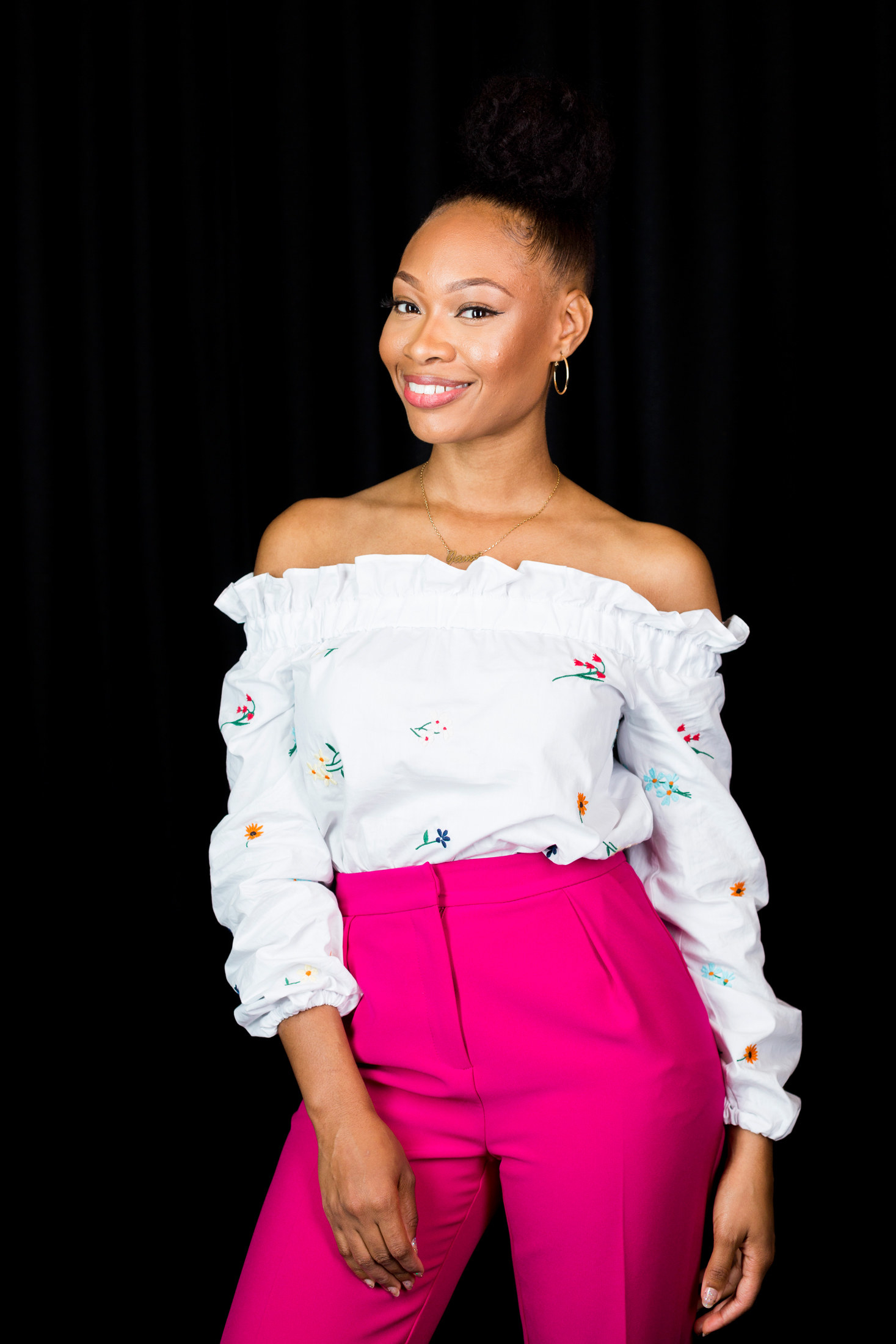
“My ultimate mission is to redefine black beauty and normalise natural hair. Growing up I genuinely thought straight hair was the best hair to have, and I was under the impression that it was impossible for black girls to grow healthy long hair. Then I discovered YouTube and it all changed. This knowledge I had encouraged me to help other women.
“And that's why black ownership in this industry is extremely important to me. It's a case of being given lemons and making lemonade. When you don’t see yourself being catered to, you create your own. No one understands us like us, and so no one understands the challenges we face and can provide solutions for us like us.”
Anne Nyanwoa, owner of Beauty Beholders
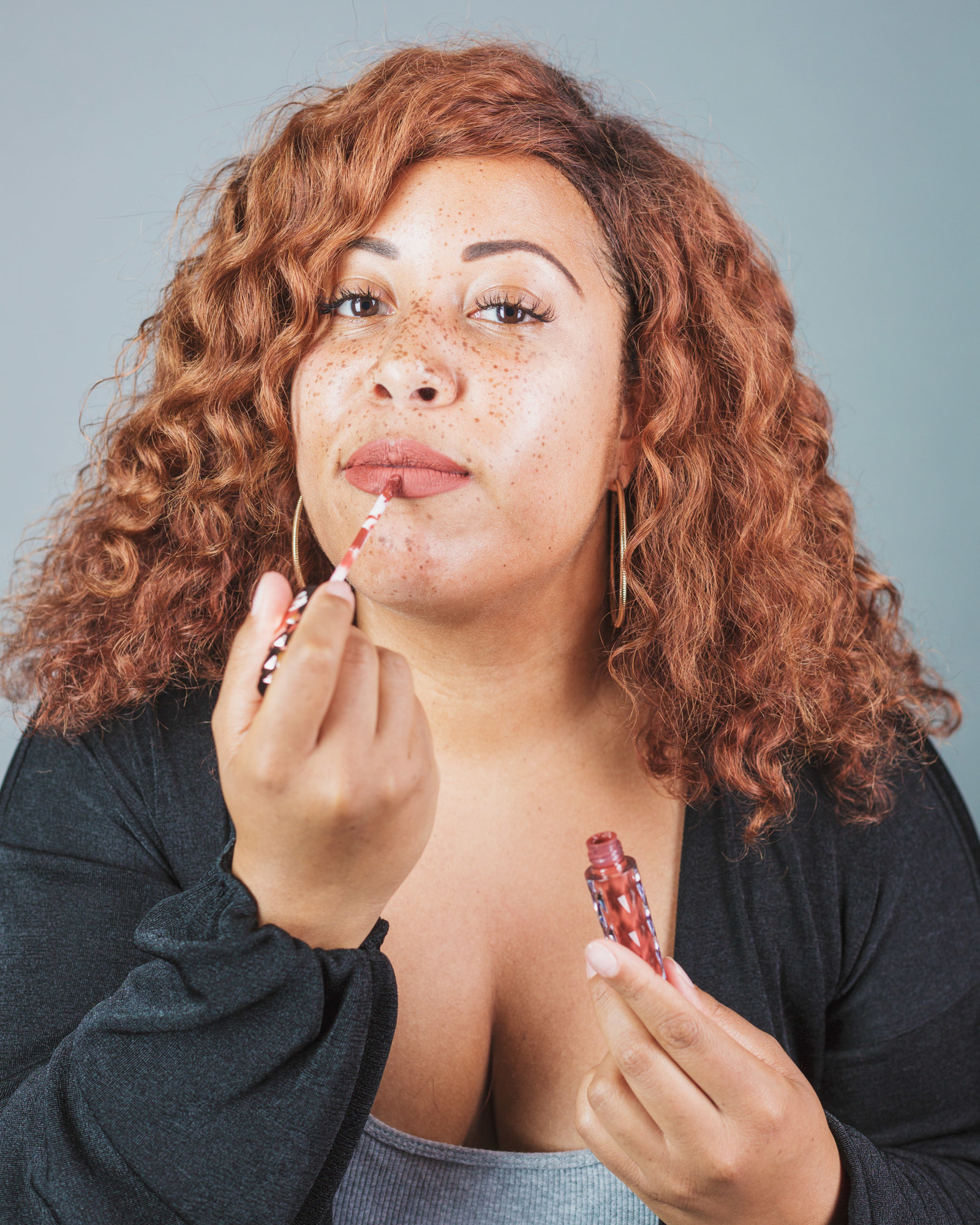
“I've always loved makeup, but I do find makeup hard sometimes. I used to hate going to makeup counters. I would never find my shade and I would always feel a little judged – my eyebrows weren't always on fleek,” Anne Nyanwoa jokes.
“I wanted makeup to be something that was accessible to everyone. Which is where the name comes from, Beauty Beholders. You know, from the the old saying ‘beauty lies in the eye of the beholder’.
Nyanwoa also started her business out of frustration at the British beauty industry. “My friend and I were ordering products online from America, because we couldn't find a UK website that stocked what we needed. And then that's when it hit us: Why can't we be the UK website?” she says. “I did a lot of research and spent a lot of time in the British Library. And that's my tip for anyone who is starting a business: Go to the British Library, go to the business section and research grants.
“I'm not from a rich background, and I didn't have the privilege of asking my parents for money. I got a grant from the Prince's Trust and one from Virgin.”
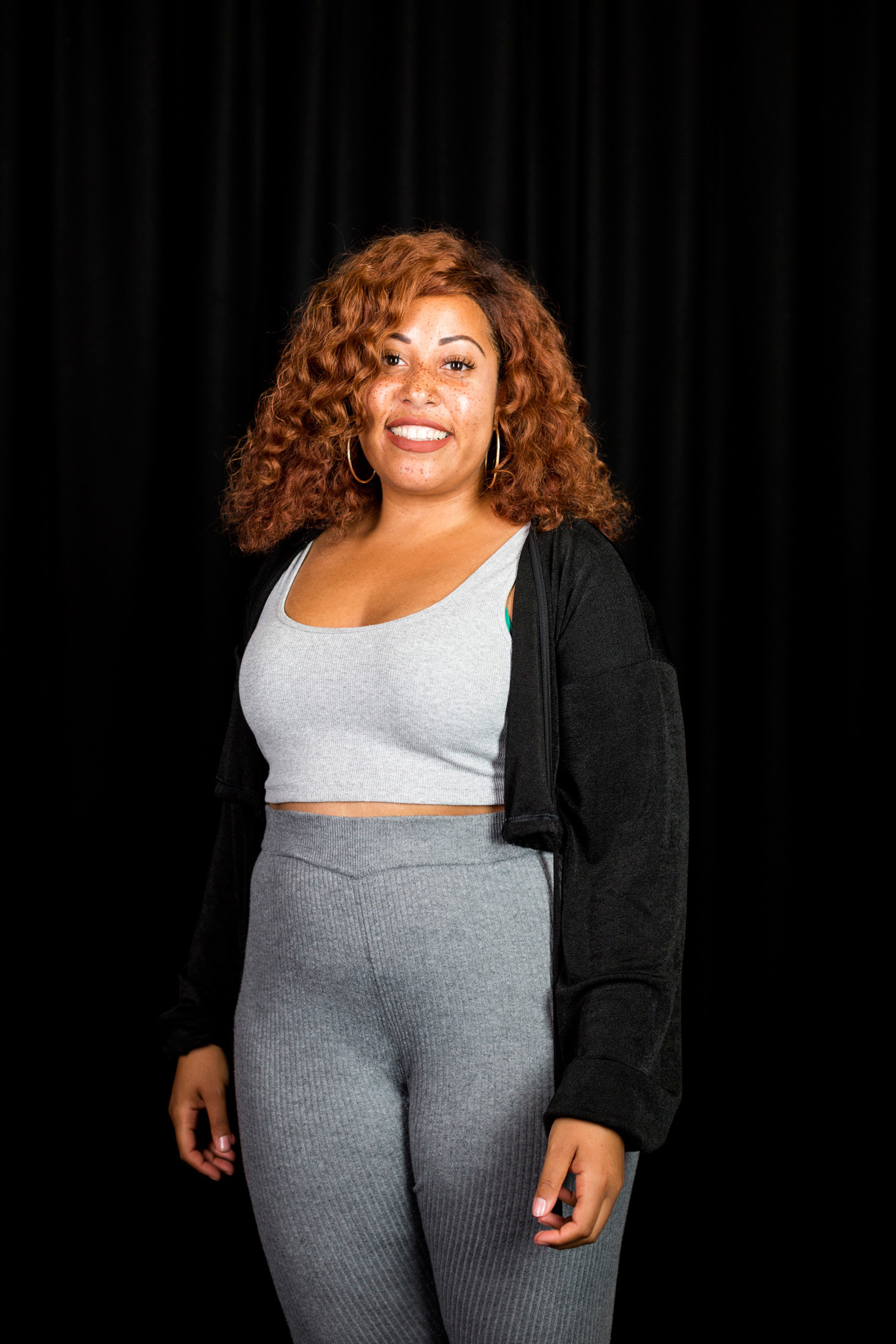
Beauty Beholders has its own lipstick range and it also sells products from brands that cater to black women and have a wide range for different skin tones – brands like Sacha and LA Girl. “I am black and have black friends and we want to have fun with makeup, we want to able to enjoy products,” says Nyanwoa. “I feel like black women are not considered at the starting point. It's like black people have to prove themselves as worthwhile consumers, and I hate that. When I started my lipstick I considered myself and my black friends from the start. I wanted them to be able to wear it.
“The industry has a long way to go when it comes to including black consumers. I think Fenty Beauty has the industry shaking, but so much more needs to be done, and I will be sure to do my part.”
Sanmi Ogunmola and Tommy Williams, founders of All Shades Covered
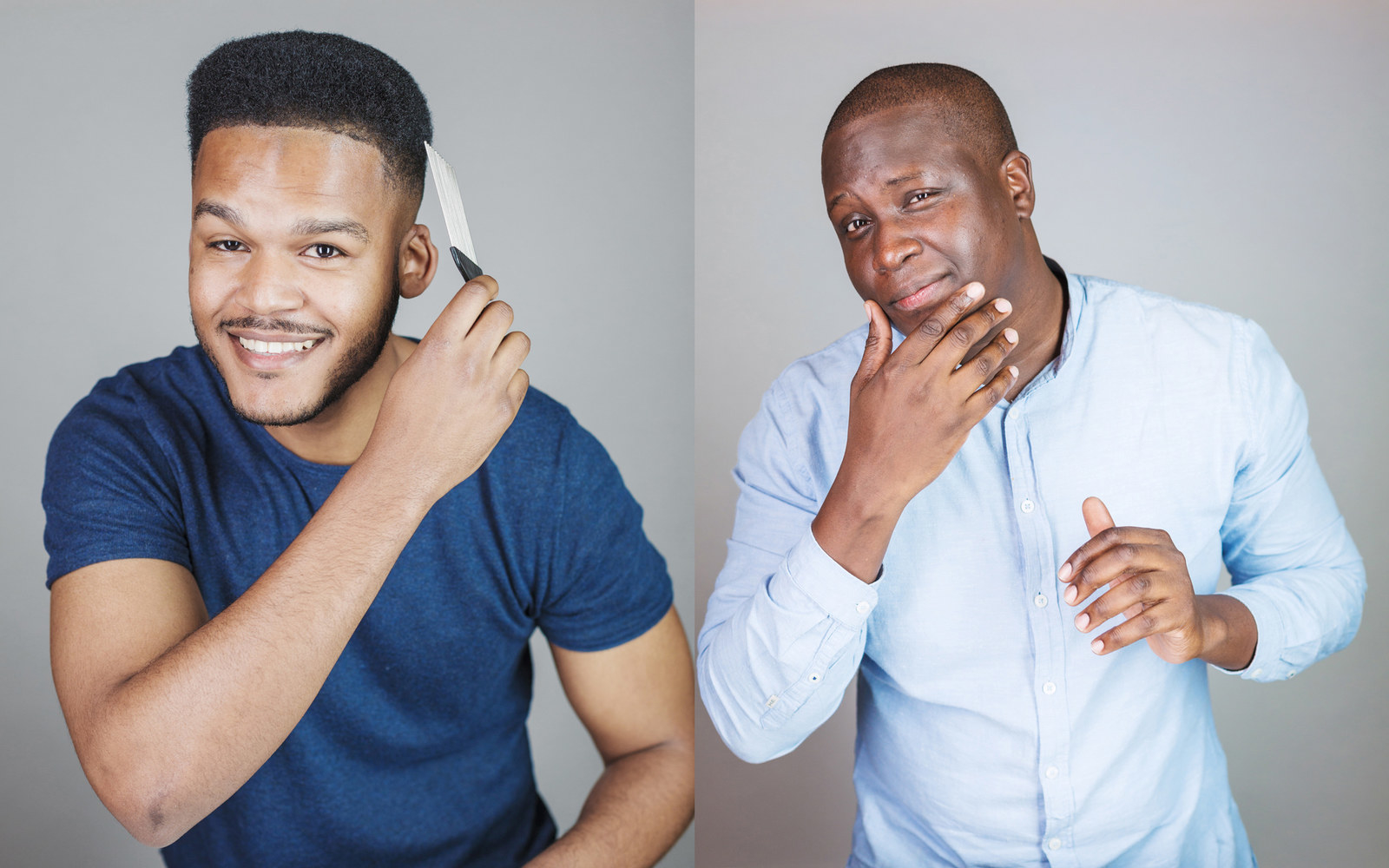
“We both remember being younger and getting dragged to salons by our mums and being there for hours – it was a black thing, something we did. But the older we got, the more we noticed that the black community didn't have much ownership of the salons where they spent time and money,” says Sanmi Ogunmola, cofounder of All Shades Covered. “That's our biggest motivating factor, it's why we wanted to build something. We want a company that is black-owned and also benefits the community,” adds his partner, Tommy Williams.
Go to the All Shades Covered website and you can feel this sense of community: Not only can you buy quality hair and beauty products, but you can also get advice, watch tutorials, and see models who look like the customers. “We work with hair salons and hair stylists, and we sell black-owned haircare brands on our platform, and we have a community of black influencers,” says Williams.
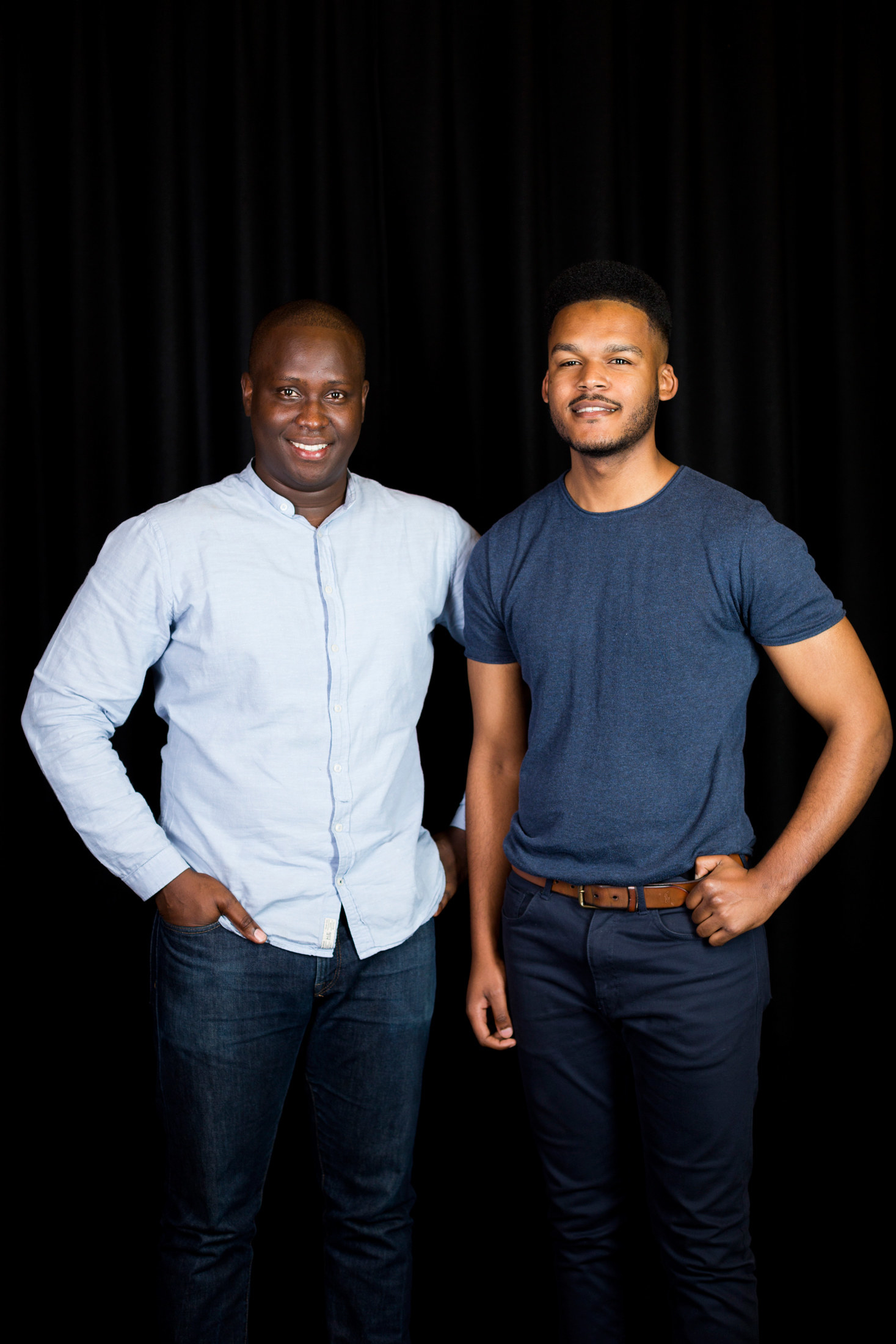
The idea of black ownership is huge for both Ogunmola and Williams. They have a shared goal of giving black women a well-deserved, seamless beauty experience. “We want the community to win too,” says Ogunmola. “Our marketing will always be geared to black women, and if that attracts other races then great. The best example of this is hip-hop. Hip-hop was created for black people in the community, and then it got mainstream success, but primarily it's still for black people.”
Rita Balogun, owner of Radiant Salon
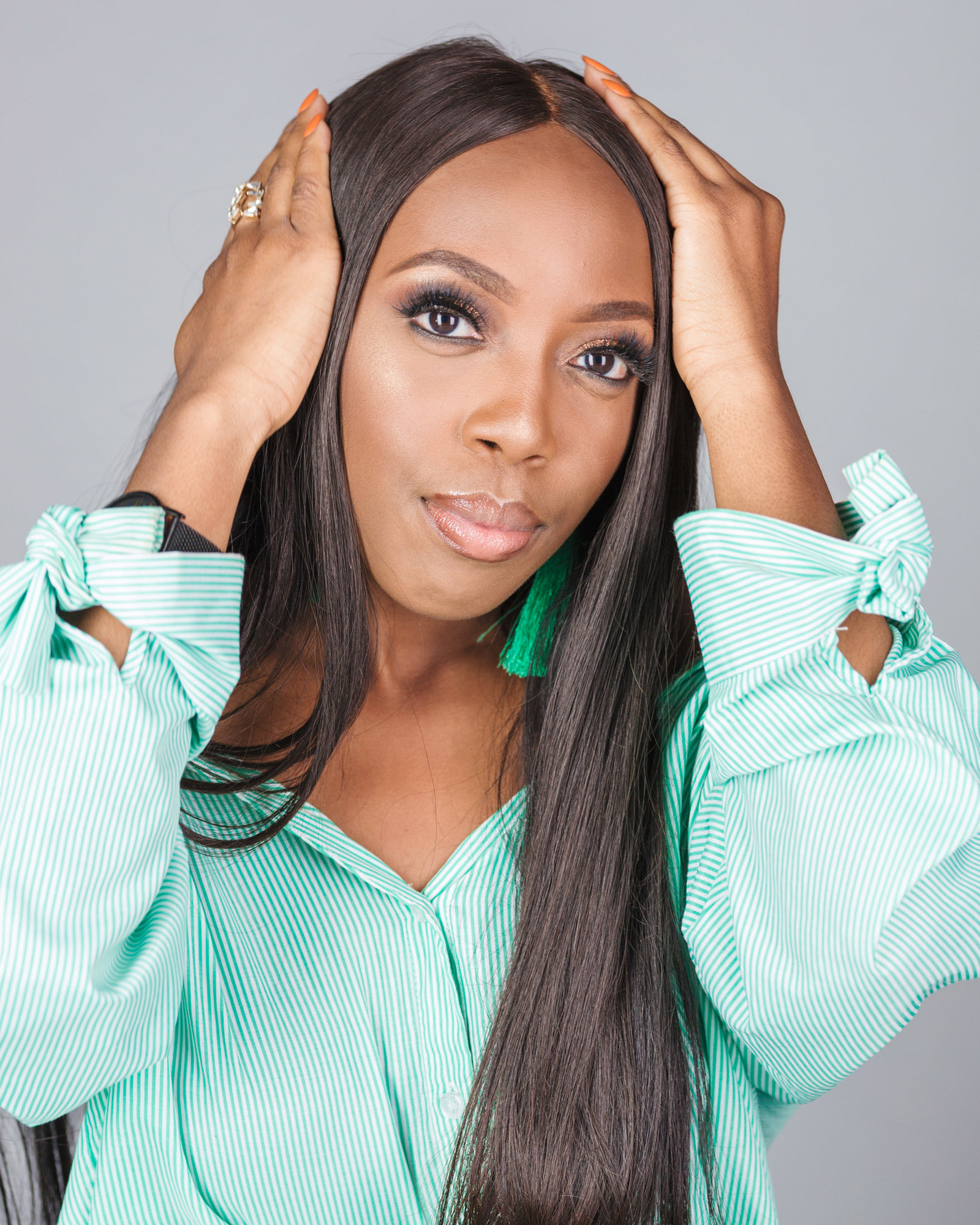
“I want black women to feel like coming to the salon is a treat. I want it to be a safe haven, a space where they can chill, feel pampered, and have a gossip,” says Rita Balogun, owner of Radiant Salon.
The first salon, based in Bermondsey, southeast London, originally belonged to Balogun's mum. “My mum started the salon when I was 11 years old, so the salon has always been a part of my life. When I turned 20, my mum left and I decided to take control,” she explains. “I knew the things I wanted to change. I wanted to get rid of all the bad connotations of a black salon. I wanted stylists that understand all the different aspects of black hair. I wanted appointments instead of walk-ins. I just want going to the salon to be a nice experience.”
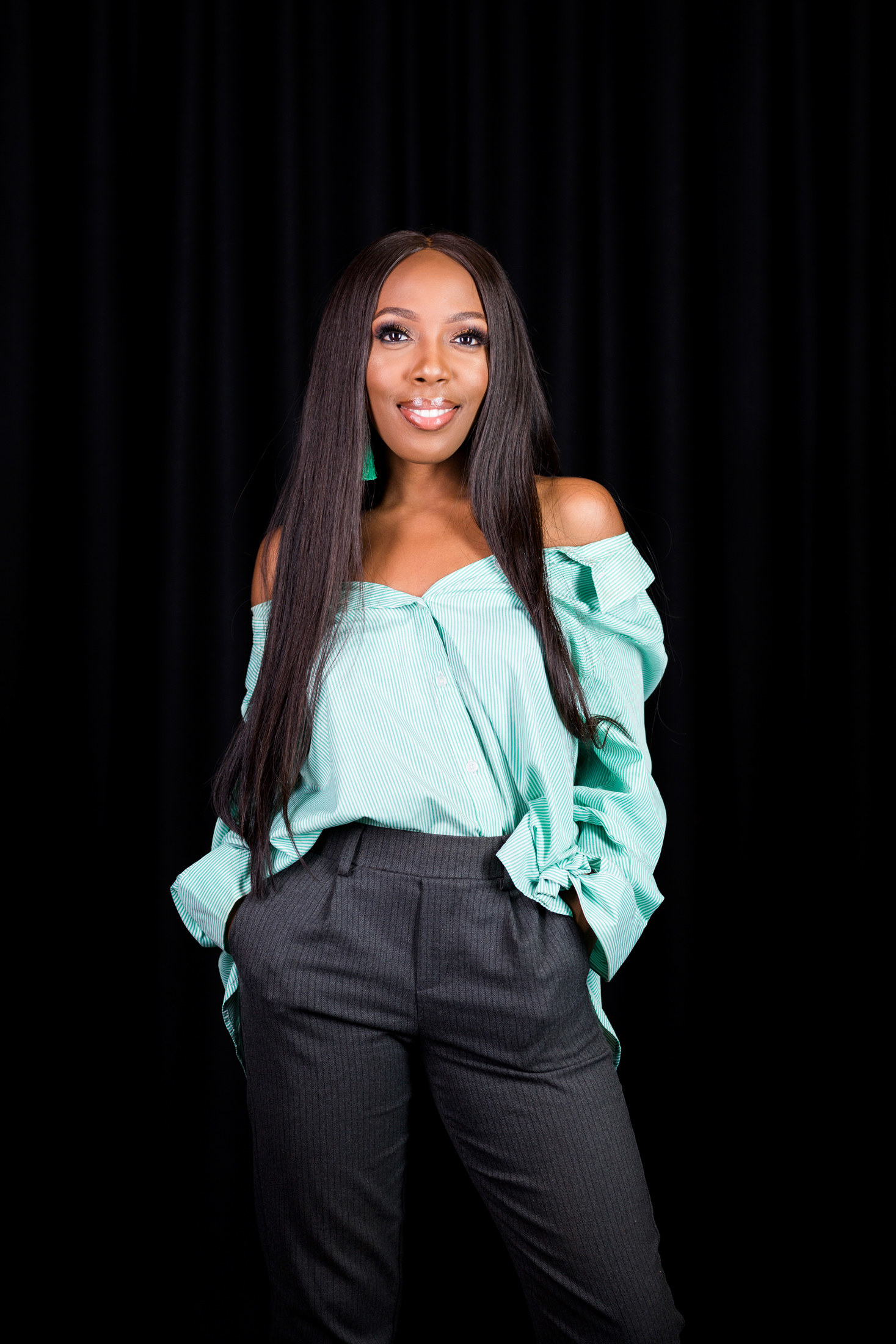
For Balogun, owning a black salon is a way to hold on to her culture. “Black ownership in the beauty industry is so important. I have had enough of seeing things that we do, like box braids, being taken away from us. And that's why we need ownership – we need to be bold enough to take control of this industry. We don't need to be saved, we are good.”

